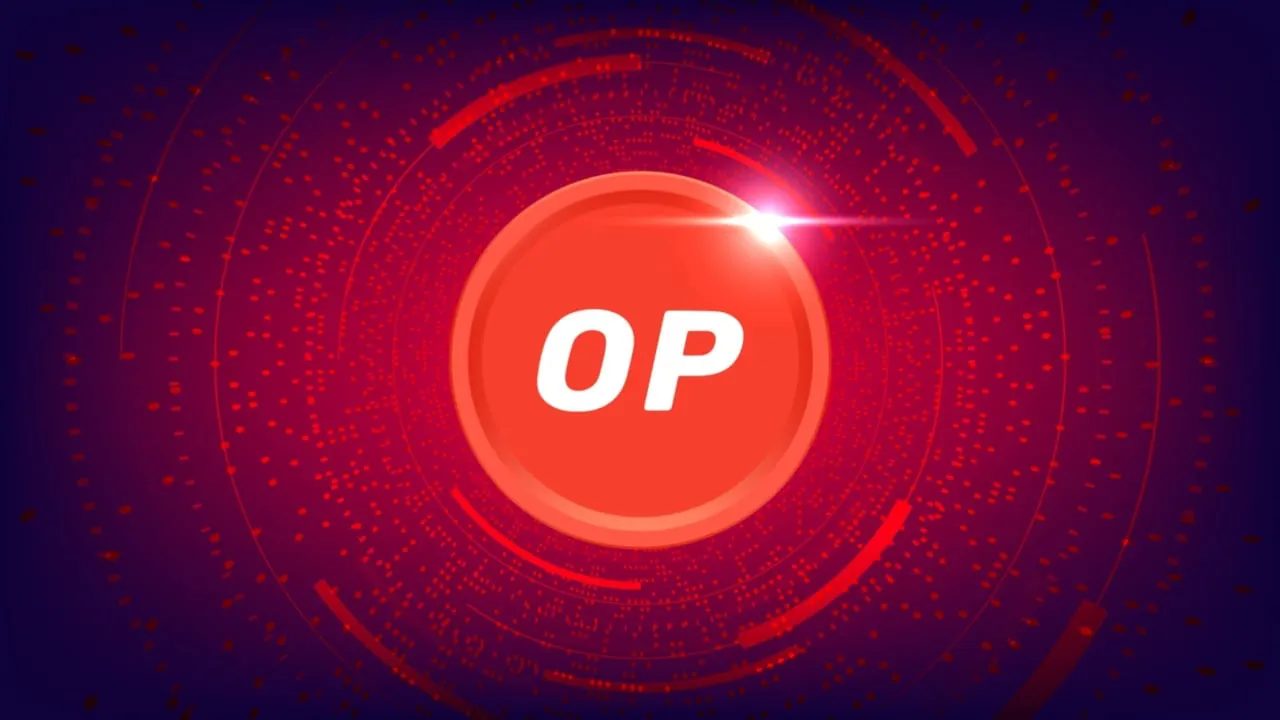Median transaction costs on Ethereum Layer-2 networks like Optimism, Zora, and Base have plunged in the wake of the Dencun upgrade going live yesterday.
Jesse Pollak, head of Coinbase-incubated L2 Base, said the difference is dramatic enough that wallets need to show extra decimal places for newly less-than-a-penny transaction fees.
In a screenshot shared on X, he demonstrated that the same transaction that cost $0.31 before Dencun now looks like it costs $0.00—but really costs $0.0005.
He's not alone in marveling at the impact the impact Dencun has had on Ethereum L2s. "Reducing transaction fees and confirmation times on Layer 2 will open up so many more use cases for crypto," wrote Coinbase CEO Brian Armstrong on X about the Ethereum upgrade. "We're finally getting scalability.
The caveat is that not all L2s are ready to fully take advantage of the Dencun upgrade.
The main Optimism account on X shared a screenshot to show that it its less-than-a-penny transaction fees made it one of the cheapest L2s for users—for now.
The Dencun upgrade introduced proto-danksharding, a way to divide large amounts of data into smaller pieces to process it quicker. That speed and efficiency translates into lower operational costs for L2 networks and gets passed on to end users as lower transaction costs.
That change has been colloquially referred to as 4844—a reference to EIP-4844—or the introduction of blobs. Blobs (or binary large object) of data are being used in Ethereum to carry large amounts of data without the need for that data to interact directly with smart contracts or L2 networks.
So why use them?
L2 networks work by processing large batches of transactions and then sending receipts for those transactions back to Ethereum. That way each L2 user pays a fraction of the fee required to send data to Ethereum mainnet.
The way that worked before Dencun required the data to be stored as calldata. But it was an imperfect solution because that data needed to then be processed by all Ethereum nodes and was left on the blockchain permanently—two factors that drove up operational and transaction costs.
Blobs of data can now be attacked to blocks of transactions and automatically delete in a few months. And the way they're stored makes them cheaper to process than calldata.
But Anthony Sassano, a core Ethereum developer and host of The Daily Gwei podcast was careful to say that transaction costs might not always be as super low as they are right now.
"While blob-enabled L2 gas prices are very cheap right now, we can expect them to increase a bit over time as demand for blobs increases," he said yesterday. "This is expected behavior [and] is why 4844 is only the beginning—blobs are an evolving primitive and are part of the wider danksharding roadmap."
Daily Debrief Newsletter
Start every day with the top news stories right now, plus original features, a podcast, videos and more.

